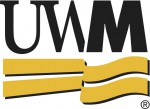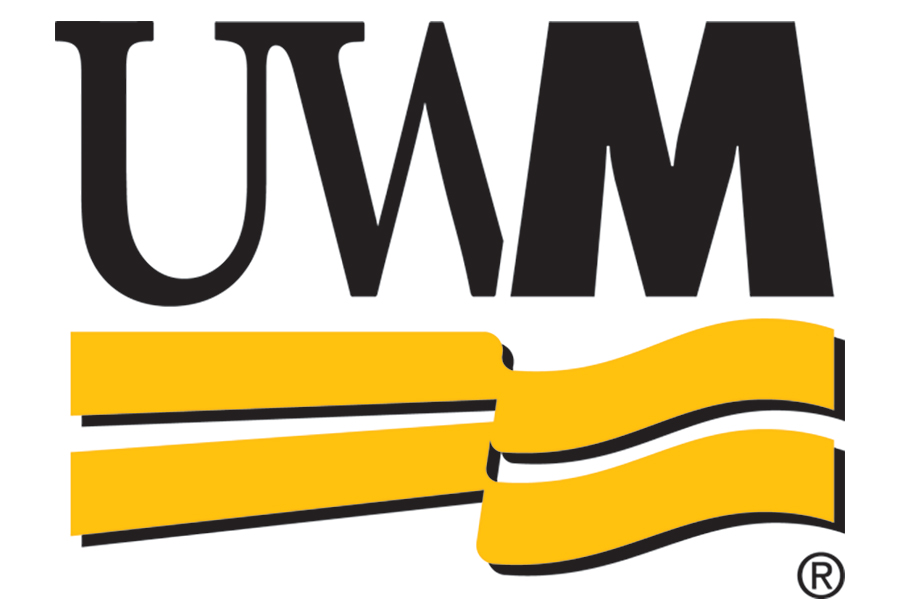UWM announces Student Startup Challenge winners
UWM students and recent alumni from nine winning teams will receive a total of $70,000 in support and services.
MILWAUKEE – From a campus classified ad service similar to Craig’s List to software that tracks patient physical rehabilitation, winning ideas in this year’s Student Startup Challenge at the University of Wisconsin-Milwaukee span a range of disciplines.
UWM students and recent alumni from nine winning teams will receive a total of $70,000 in support and services in a yearlong quest to learn entrepreneurial skills by turning promising product ideas into prototypes and businesses.
The UWM Student Startup Challenge, launched in 2012, provides winning student entrepreneurs a structured program that includes pairing them with students enrolled in various classes at UWM who help develop prototype devices, mobile applications and business plans.
Now in its fourth year, the competition is one component of UWM’s expanding entrepreneurial culture, called the Ideas Challenge, which also includes two major business plan competitions. The Student Startup Challenge has received support from the University of Wisconsin System and has been recognized by VentureWell (formerly the National Collegiate Inventors and Innovators Alliance).
“These teams are part of a growing group of UWM students, faculty and alumni who are embracing entrepreneurship,” Chancellor Mark Mone said, “and these entrepreneurs, along with many more like them, will benefit from the resources offered by the new Lubar Center for Entrepreneurship.”
Recently funded with a $10 million gift from Sheldon and Mariann Lubar, the center will be a place that brings together and helps expand UWM’s strong array of entrepreneurial programs when it opens in 2017.
The winning teams include:
- Joe Kotlan – “University Exchange,” a safe way for university members to buy, sell and trade within the campus community;
- Rasoul Hosseini and Andrew Eggebeen – “Smart Energy Grid,” a microcontroller system for microgrids;
- Alexis Nash – “OpenDoors,” a website/app for searching short-term lease options for storefronts in Milwaukee to help startups get established;
- Wyatt Tinder and Rebecca Yoshika – “Cheese Maker,” a do-it-yourself machine for making cheese at home;
- Ke Chen and Julian Ziman – “Notes,” automatic software for musicians for reading music as an alternative to paper sheet music;
- Silas Petrie – “Ever Lock,” a novel lock that protects your entire bike;
- Shawn Bohler and Brett Pozolinski – “Rehab Tracker,” software for patients and physical therapists to track and maintain rehabilitation progress;
- Joseph Pliner – “Smart Sole,” new shoe inserts to help determine when running shoes need changing;
- Charlene Olive – “Shared Compass,” a social program providing jobs for the mentally disabled to learn to create and sell their art
To date, the Student Startup Challenge has attracted more than $135,000 in grant funding in addition to the competition winnings and has involved more than 300 students across various disciplines.
“Each year we are amazed by the diversity of ideas that come forward as a result of this program,” said Ilya Avdeev, an associate professor of engineering and co-founder of the Student Startup Challenge. “We’re pleased to help these talented individuals advance their enterprises and learn through the entrepreneurial process.”
About UWM Research Foundation
The UWM Research Foundation Inc. is a nonprofit corporation that supports research, innovation and entrepreneurship at UWM through a variety of programs, including patenting and licensing. uwmresearchfoundation.org
About UWM
As Wisconsin’s only public urban research university, UWM has established an international reputation for excellence in research, community engagement, teaching and entrepreneurism. On an operating budget of $705 million, UWM educates more than 28,000 students and is an engine for innovation in southeastern Wisconsin. The Princeton Review named UWM a “2015 Best in the Midwest” university based on overall academic excellence and student reviews. Its economic impact is more than $1.5 billion per year in Wisconsin alone.
NOTE: This press release was submitted to Urban Milwaukee and was not written by an Urban Milwaukee writer. While it is believed to be reliable, Urban Milwaukee does not guarantee its accuracy or completeness.






















